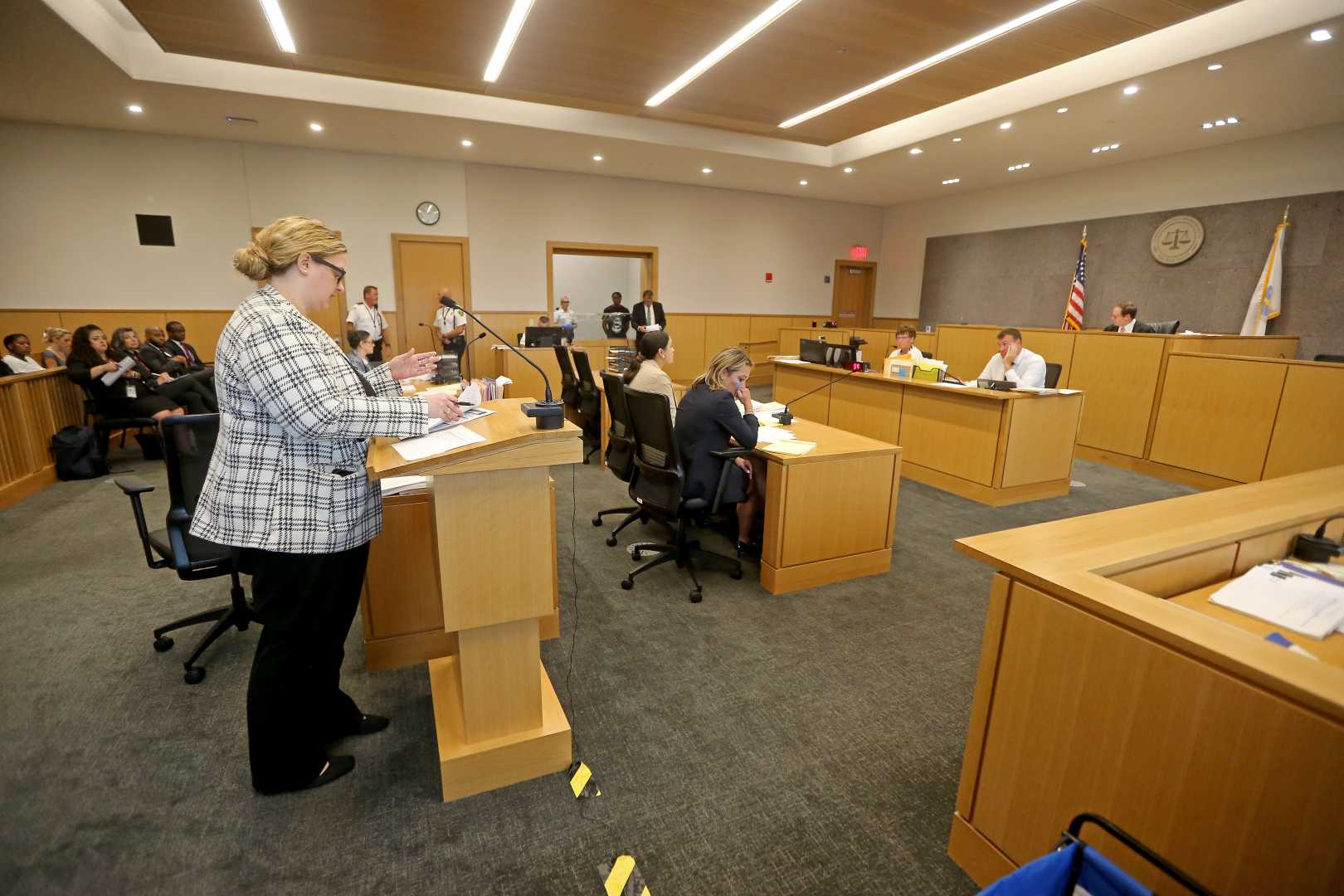News
Massachusetts Defendants Released as Attorney Crisis Deepens

BOSTON, Massachusetts — A growing crisis in Massachusetts is leaving criminal defendants without legal representation, forcing some to be released and have their charges dropped. This troubling situation was highlighted during a hearing Wednesday in a packed Boston courtroom.
Associate Justice Dalila Wendlandt of the Supreme Judicial Court addressed the issue, stating that dozens of children face delays in their cases as they wait for attorneys. “Their case is just languishing and they’re suffering some investigative consequences,” Wendlandt said.
As of this week, 44 defendants under 18 in Suffolk County are without counsel, with 14 in Middlesex and seven in Norfolk. Among them, one child has been waiting over 55 days for legal representation. On Tuesday, a child appeared in Boston juvenile court without a lawyer and was held without bail, according to Afton Templen from the Committee for Public Counsel Services (CPCS).
Public defenders and bar advocates, who usually take on such cases, have ceased accepting new clients amid demands for wage increases. The crisis worsened after the state could not provide timely legal representation for over 3,000 adult criminal defendants as of August.
Wendlandt has applied a court order in Middlesex and Suffolk, requiring that adult defendants be released after seven days without a lawyer, with their charges dismissed if representation is not appointed after 45 days. However, the situation is complicated in juvenile courts, which differ significantly from adult proceedings.
Justice Wendlandt must decide whether to extend the release order to juveniles. Templen argued that delays in securing defense counsel can lead to irreversible harm, stating: “When a case sits for months without counsel, the child loses out on critical investigative work.”
Attorney Pullerits countered, stressing that juvenile courts require more flexibility and raising concerns about implementing the Lavallee protocol, which sets rigid timelines for representation.
Despite the crisis, recent legislation signed by Governor Maura Healey aims to address the issue by slightly increasing pay for bar advocates as well as providing funds to hire more public defenders. Nevertheless, the urgency remains as countless defendants await legal help in the already strained court system.












